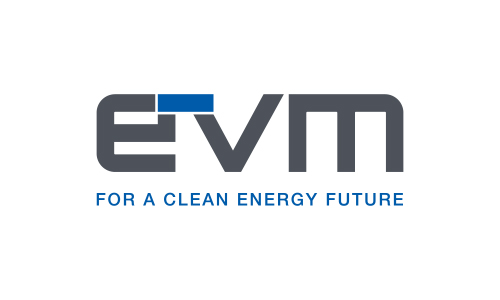Riyad February 9 2022: Battery chemicals and technology company EV Metals Group has moved a step closer to developing its planned lithium chemicals plant in Saudi Arabia by signing a front-end engineering design agreement with Wood Group subsidiary Mustang and Faisal Jameel Al Hejailan Consulting Engineering Company, it said in a Feb. 7 statement.
Under the FEED agreement, Mustang will development the first two processing trains for the production of lithium hydroxide monohydrate in the plant, which will be located in the Battery Chemicals Complex at the Yanbu Industrial City.
A L S O || R E A D
Indian 2021 rice exports total record 21.4 million mt, up 46% on year: DGCIS – AUGAF
The scope of the FEED work will focus on non-process infrastructure, utilities and port infrastructure, with the rest of the FEED work to be done by Mustang’s parent company Wood in Perth, Western Australia with EVM.
EVM has worked with Wood for two years already on the feasibility studies for the complex, EVM’s managing director Michael Naylor said.
EVM is developing an integrated Battery Chemicals Complex, which is due to produce high-purity chemicals containing lithium, nickel, cobalt, manganese and other metals needed for high energy density cathode active materials in lithium-ion batteries for electric vehicles and renewable energy storage.
EVM is developing two processing trains requiring 330,000 mt/year of spodumene concentrate containing 6% lithium oxide to produce 50,000 mt/year of lithium hydroxide monohydrate in the BCC’s lithium chemicals plant, which are scheduled for commissioning in the second half of 2024.
There is also the possibility of doubling capacity with a further two trains of the same size.
Construction of the first two trains of LHM is due to start in the first quarter of 2023, with commissioning planned for the second half of 2024, Naylor said.
“EVM has identified a critical gap in supply chains for EV manufacturers and battery cell manufacturers which EVM is addressing through the development of a lithium chemicals plant, a nickel chemicals plant and a cathode active materials plant based on the upstream integration and development of supply chains for long term supplies of lithium, nickel, cobalt and other metals from Western Australia while the Saudi supply chain is being developed,” he said.
The lithium chemicals plant was a strategic first step in the development of the complex, EVM’s chairman Abdullah S. Busfar said.
He added that the first two trains of LHM would bring in an initial investment of $800 million and produce 50,000 mt/year of LHM for OEMS, EV manufacturers and battery cell makers “seeking stable, long term, independent and transparent supply chains as structural deficits emerge in lithium after 2025.”
The complex in Saudi Arabia was strategically located to “become a global hub for midstream and downstream processing of critical raw materials for a clean energy future,” Busfar added.
Processing battery metals into cathode active materials is a known gap in the battery value chain outside of China, with additional capacity required in regions closer to planned battery gigafactories elsewhere in the world.
In January, EVM launched the Australian Lithium Alliance to enable Australian companies to partner to accelerate the exploration, development, mining, processing and production of lithium in the country.
The alliance aims to provide an alternative to Chinese companies, which currently buy the majority of the spodumene concentrate produced in Australia to supply China’s chemicals processing industry.











